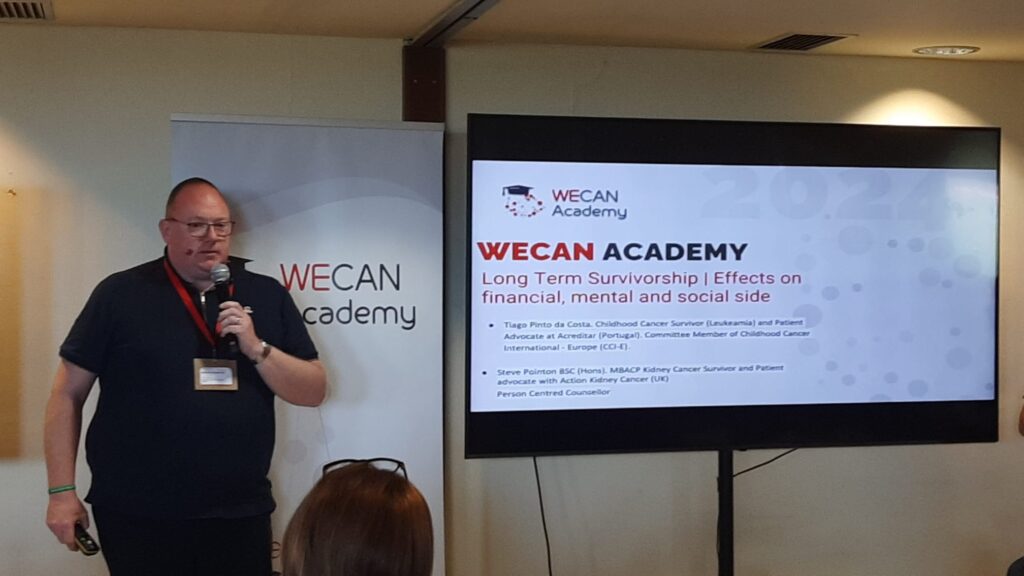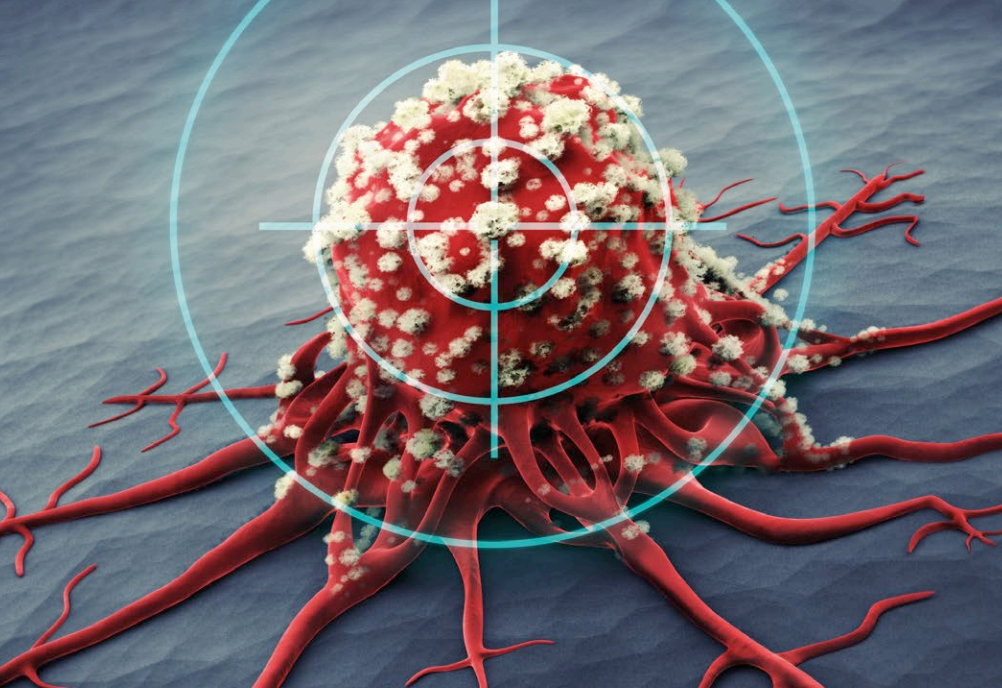Share this Page:
A study published in the British Medical Journal (BMJ) states that two thirds of the 48 cancer medicines approved by the European Medicines Agency (EMA) to treat 68 cancers between 2009-2013, came to the market “without clear evidence they could improve survival”. The study by researchers from King’s College London and the London School of Economics (LSE) showed that five years on, almost half the medicines still showed no survival benefits, and where they did, the difference was “clinically insignificant”.
Dr Courtney Davis, of King’s College London, and colleagues said: “When expensive drugs that lack robust evidence of clinical benefit are approved and reimbursed within publicly funded healthcare systems, individual patients may be harmed and public funds wasted”.
However, Emma Greenwood, Cancer Research UK’s director of policy, said: “This study doesn’t necessarily show us what’s happening here in the UK. While the European Medicines Agency (EMA) decides which new drugs are safe to be sold in Europe, it’s national bodies like NICE (National Institute for Health and Care Excellence) that decide which drugs should be made available to patients. NICE makes these decisions based on the clinical effectiveness and the cost of a drug to determine whether it will bring value to patients and the NHS. But the study does highlight the importance of using real-world evidence from patients, on top of data from clinical trials, to build our understanding of how drugs work in a real life setting.”
The study can be accessed at the BMJ online here. Read an article from The Telegraph here













